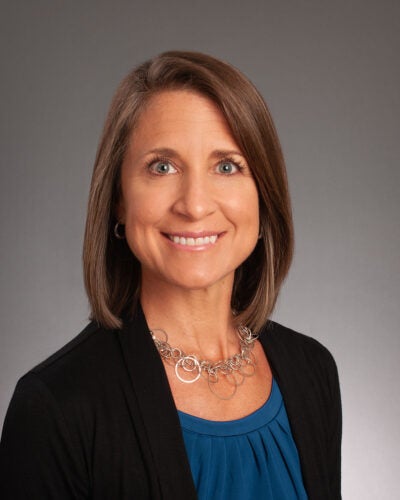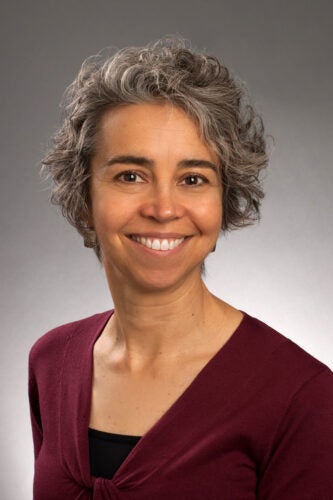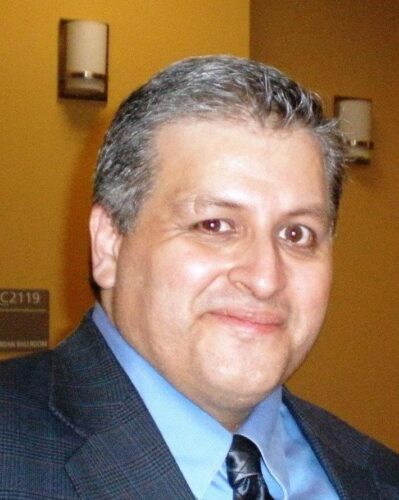As Boise State grows and thrives, it welcomes more students from diverse backgrounds, from outside the state and outside the country. BUILD, or “Boise State Uniting for Inclusion and Leadership in Diversity,” is a program that prepares staff and faculty for the university’s evolving culture. It recognizes the necessity of creating a campus where all students feel a sense of belonging.
The BUILD certificate program began in 2017, initiated by Tasha Souza, professor of communication and associate director of the Center for Teaching and Learning (CTL). An advisory group that includes the Gender Equity Center, Multicultural Student Services, Office of Institutional Compliance and Ethics, STEM and Diversity Initiative and others supports the program, along with the CTL.

The certificate program includes training on how to be an ally of the LGBTQ community, how to work with first generation college students, multilingual learners and more. Participants attend 10 BUILD events or opportunities at their own pace to earn their certificates. Currently, over 240 staff and faculty members are working toward that goal.
Part of Boise State’s responsibility as a university — particularly one that has been predominantly white in a predominately white state — is to be self-critical and conscious of institutional structures that can alienate some students, said Souza. This is urgent, she added, considering Boise State’s mission to educate “global citizens.”
The university received a two-year grant from the Howard Hughes Medical Institute to support the BUILD Campus Forum Initiative, a project created by Susan Shadle, a professor and director of the CTL, Alicia Garza, an associate professor in the Department of World Languages and director of Casita Nepantla and Souza.

The first Forums Initiative took place in August and offered full-day programs for staff, faculty and the academic leadership council. Sharon J. Washington, a national expert on building diversity in educational institutions, led training for 150 members of the staff and faculty on topics like adopting inclusive practices, becoming conscious of dominant culture, white privilege and university policies that can conflict with students’ cultural or religious practices.
“When it comes to the diversity of students, faculty and staff on campus, some of the diversity is visible, some not,” said Shadle. “But we tend to approach our interactions, particularly with students and colleagues, as if everyone were the same. But that just isn’t true.”
Francisco Salinas, director of Student Diversity and Inclusion, participated in a forum. The forums included “dialogues,” or group discussions that didn’t shy away from difficult topics, but rather helped participants explore emotionally charged issues like race and privilege in a peaceful space.

“Everyone needs skills talking about this stuff,” said Salinas. And for academic institutions, he added, it’s a necessity.
“Universities are seen as leaders. We literally train the next generation of leaders. We’re growing, and we need to be better,” he said.
Organizers will offer a second round of forums in the future, as well as 10 additional dialogues this academic year. In the meantime, faculty and staff can choose from a full roster of programs and training opportunities, including the core workshop, towards the certificate, “Inclusive Excellence at Boise State: Creating an Environment that Values and Supports All Members,” on Dec. 7.